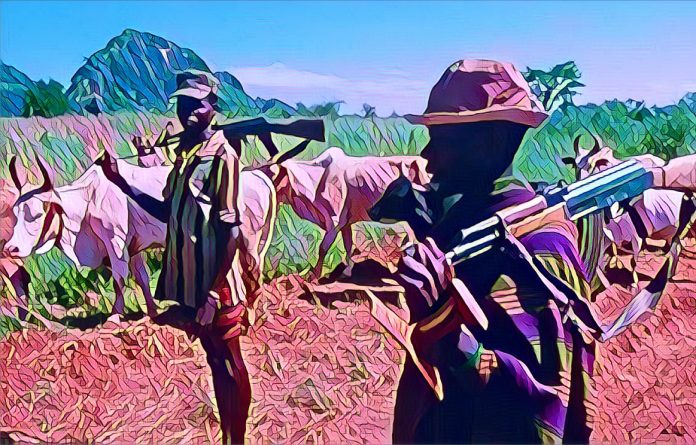In Nigeria, thousands of farmers and internally displaced persons (IDPs) are crying out for help as they face escalating violence from militant groups and armed herdsmen. The conflict, which spans the northeastern and central regions of the country, has left many communities devastated and struggling to survive.
For over a decade, Nigeria has been gripped by violence from Boko Haram, an Islamist militant group responsible for numerous attacks, kidnappings, and bombings, primarily in the northeastern states. However, in recent years, the violence has expanded beyond Boko Haram to include attacks by armed herdsmen in the central and southern regions, further destabilizing the country and exacerbating the humanitarian crisis.
Farmers, who rely on agriculture for their livelihoods, are among the hardest hit by this wave of violence. Many have been forced to abandon their farms due to threats from Boko Haram or clashes with armed herdsmen, who are often in conflict over land and water resources. The situation has led to widespread displacement, with farmers fleeing their homes in search of safety in overcrowded IDP camps.
“We have lost everything,” says Musa Abubakar, a farmer from Borno State who fled his village after it was attacked by Boko Haram. “Our farms have been destroyed, our homes burned down. We are living in fear and uncertainty, with no idea what the future holds.”
In the central and southern regions, the rise in attacks by armed herdsmen has led to increased tensions between farming communities and pastoralists. These clashes are often fueled by competition over dwindling natural resources, exacerbated by climate change, which has made water and fertile land even more scarce. The result is a vicious cycle of violence, displacement, and poverty, leaving communities struggling to survive.
Many IDPs in Nigeria are living in dire conditions in camps that lack basic amenities such as clean water, sanitation, and healthcare. The overcrowded conditions have led to outbreaks of diseases like cholera and measles, further compounding the suffering of those who have already lost so much. “The situation in the camps is desperate,” says Fatima Ibrahim, an IDP who fled violence in Benue State. “We are living in squalor, with no hope of returning home anytime soon.”
Humanitarian organizations are struggling to meet the needs of the displaced population, with limited resources and funding. The United Nations has repeatedly called for increased international support to address the crisis, warning that the situation is on the brink of a catastrophe. “We need urgent assistance to provide food, shelter, and medical care to those affected by the violence,” said a UN spokesperson. “The world cannot turn a blind eye to the suffering in Nigeria.”
The Nigerian government has been criticized for its handling of the crisis, with many accusing it of failing to protect its citizens and address the root causes of the violence. While the government has launched military operations against Boko Haram and armed herdsmen, these efforts have often been met with limited success, and the violence continues to spread.
Local communities and advocacy groups are calling for a more comprehensive approach to address the conflict, one that includes dialogue and peacebuilding initiatives alongside military action. “We need to address the underlying issues that are fueling this violence,” says Joseph Ochai, a community leader in Plateau State. “That means resolving land disputes, improving access to resources, and fostering greater understanding between different groups.”
Despite the challenges, there is a sense of hope and resilience among the affected communities. Many are determined to rebuild their lives and return to their homes, even in the face of ongoing threats. “We just want to live in peace,” says Abubakar. “We want to go back to our farms, rebuild our homes, and provide for our families. We hope the world will hear our cries and help us achieve that.”
Source: BusinessDay Nigeria



